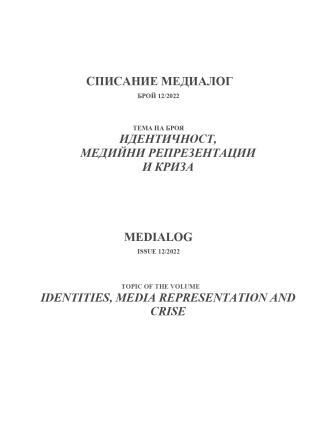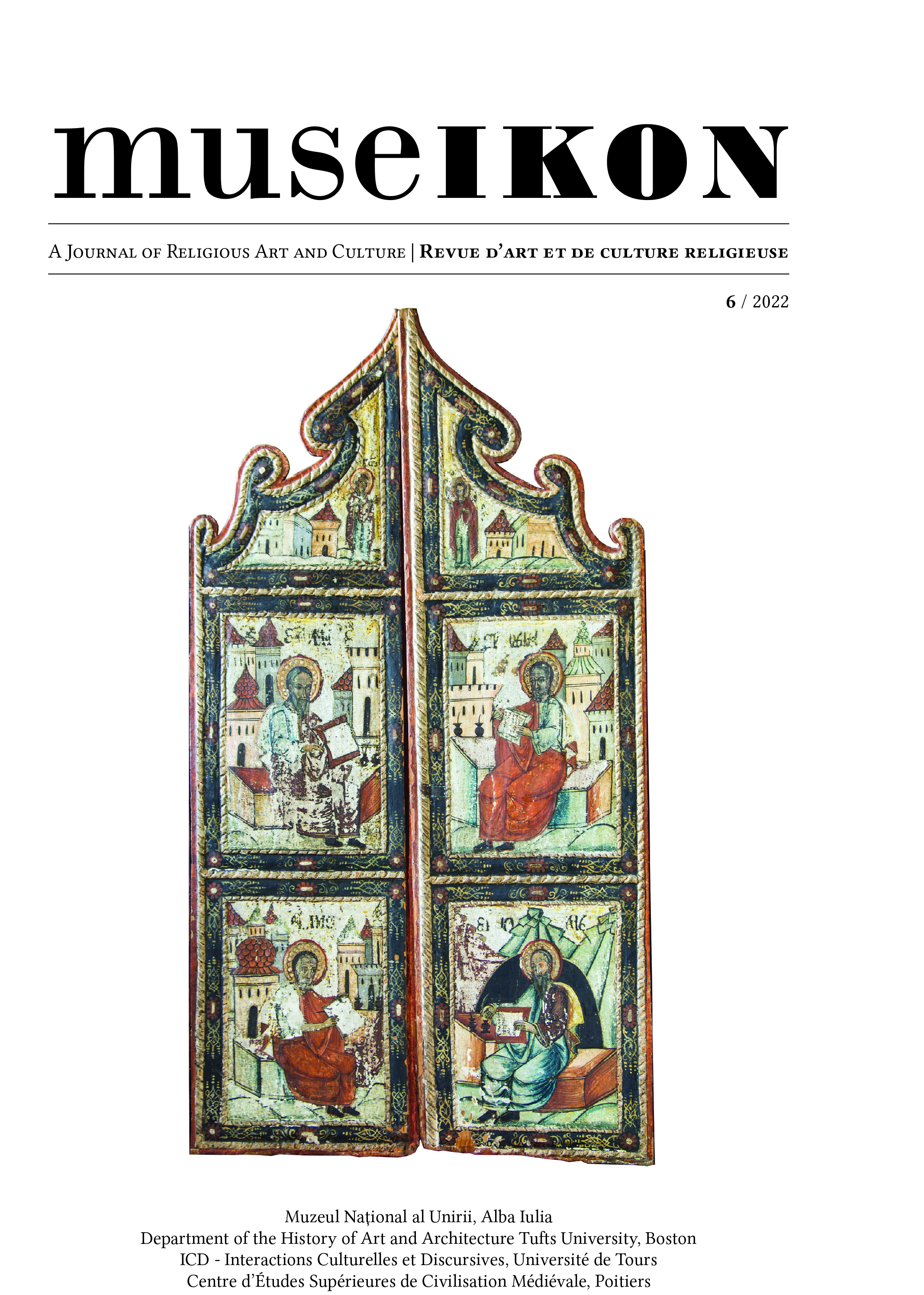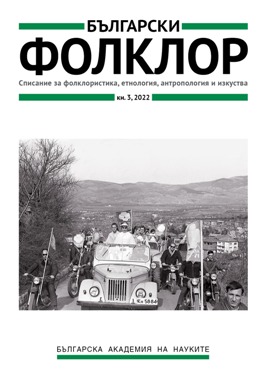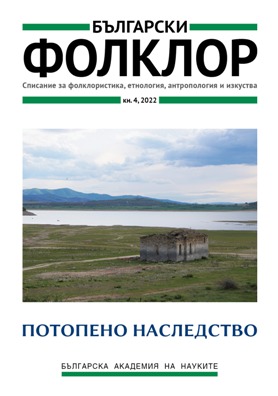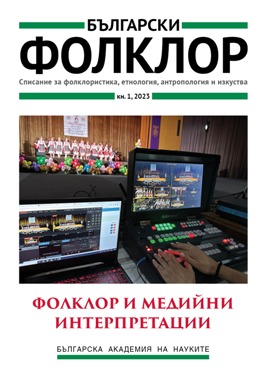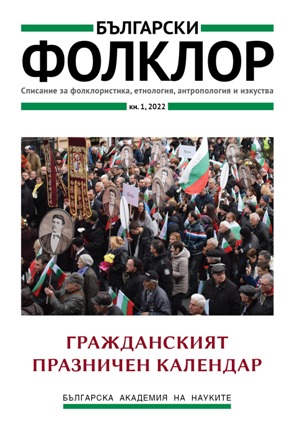
Гергьовден в Поморие – разделящ и споделян
The genesis of St. George’s Day as the day of Pomorie displays the mutual development of its modern historical political myth and the last three decades’ festivity. After the democratic changes in 1989, the patron holiday of the Anhialo monastery that continued to be observed even during socialism and the fair that accompanies it were developed and transformed into an official holiday, but invented rituals brought about a myth shift: from the established in the course of a century narrative about the fight for and the restoration of justice to a story of the offered fraternal hand and forgiveness. Based on the research of the myth–ritual interaction, the author searches for answers to the questions about the significance of St. George’s Day for the local community and about this holiday’s ability to serve both national and pluralistic tasks.
More...
